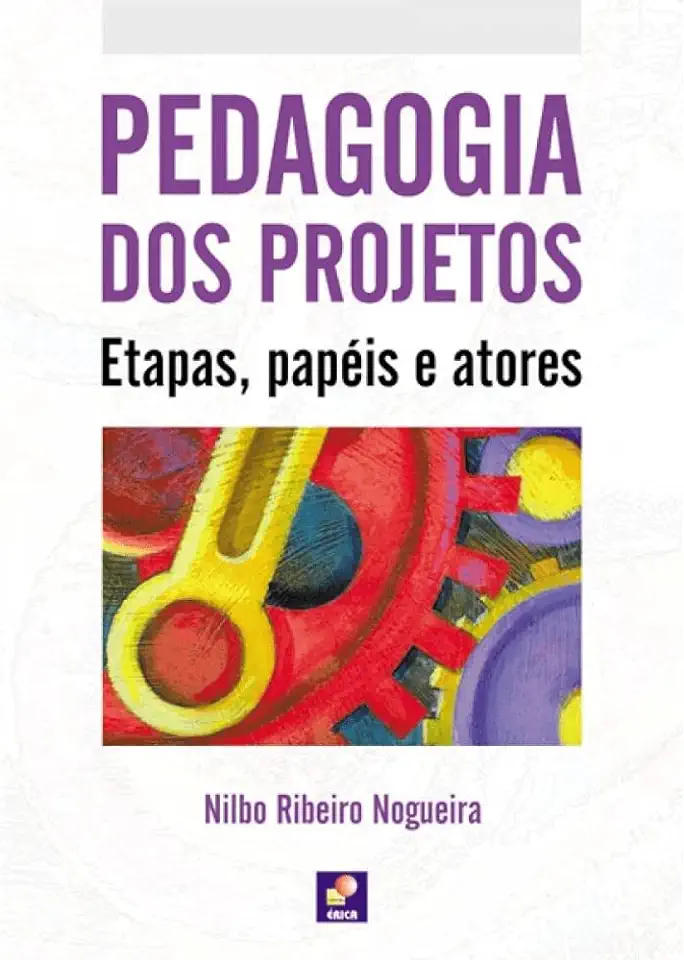
Project Pedagogy - Nilbo Ribeiro Nogueira
Project Pedagogy: A Revolutionary Approach to Teaching and Learning
Introduction
In his groundbreaking book, "Project Pedagogy," Nilbo Ribeiro Nogueira presents a compelling vision for transforming education through project-based learning. Nogueira argues that traditional teaching methods, which emphasize rote memorization and passive learning, are no longer effective in preparing students for the challenges of the 21st century. Instead, he proposes a project-based approach that engages students in active, hands-on learning experiences that foster critical thinking, creativity, and collaboration.
Key Principles of Project Pedagogy
Nogueira's project pedagogy is based on several key principles:
- Project-based learning is student-centered. Students are actively involved in the learning process, taking ownership of their own learning and developing a sense of agency.
- Projects are authentic and relevant. They are connected to real-world problems and challenges, making learning more meaningful and engaging for students.
- Projects are collaborative. Students work together in teams to complete projects, developing important social and communication skills.
- Projects are iterative. They involve a process of trial and error, allowing students to learn from their mistakes and refine their work.
- Projects are assessed authentically. Students are assessed on their ability to apply their learning to new situations, rather than simply regurgitate memorized information.
Benefits of Project Pedagogy
Nogueira presents a wealth of evidence to support the benefits of project pedagogy. Research shows that project-based learning can improve student achievement, engagement, and motivation. It can also help students develop critical thinking, creativity, problem-solving, and collaboration skills. In addition, project-based learning can help students develop a deeper understanding of the content they are learning and make connections between different subjects.
Implementing Project Pedagogy
Nogueira provides a detailed guide to implementing project pedagogy in the classroom. He discusses how to choose appropriate projects, structure the learning environment, and assess student learning. He also offers tips for overcoming challenges and sustaining project-based learning over time.
Conclusion
"Project Pedagogy" is a must-read for educators who are looking for a more effective and engaging way to teach. Nogueira's research-based approach provides a clear roadmap for transforming education and preparing students for success in the 21st century.
Call to Action
If you are ready to revolutionize your teaching practice and improve student learning, I urge you to read "Project Pedagogy" today. You will not be disappointed.